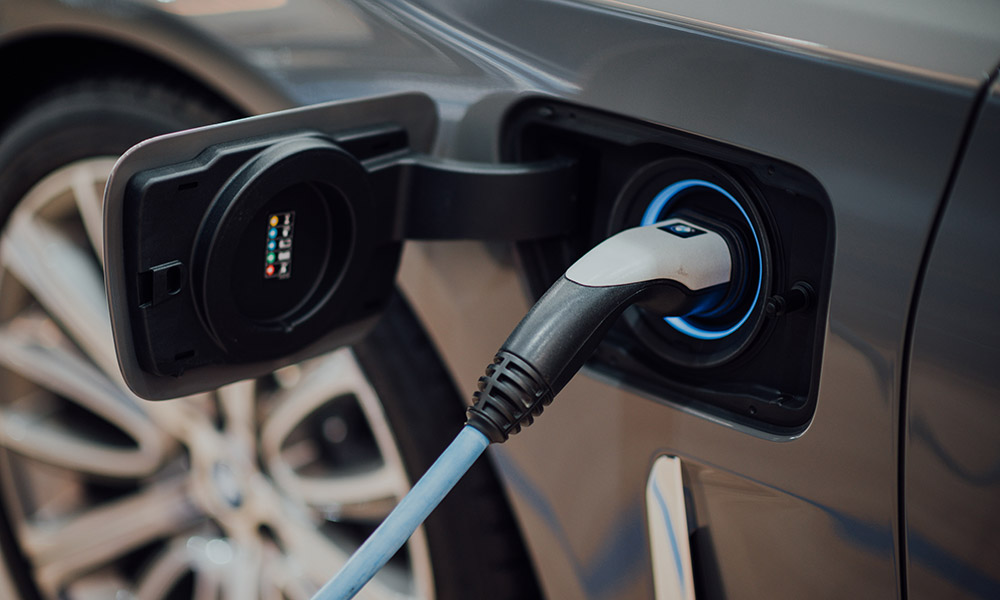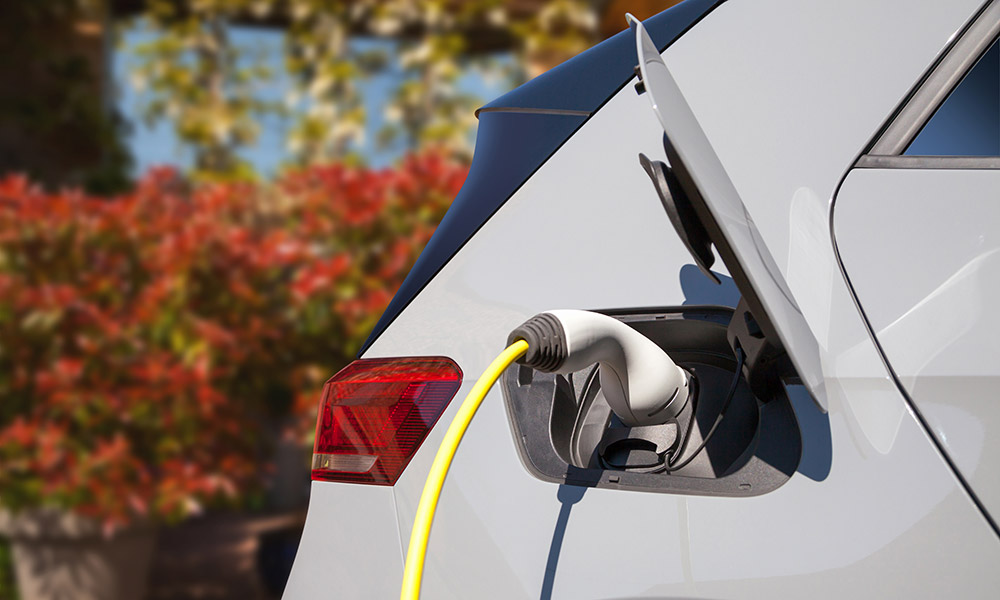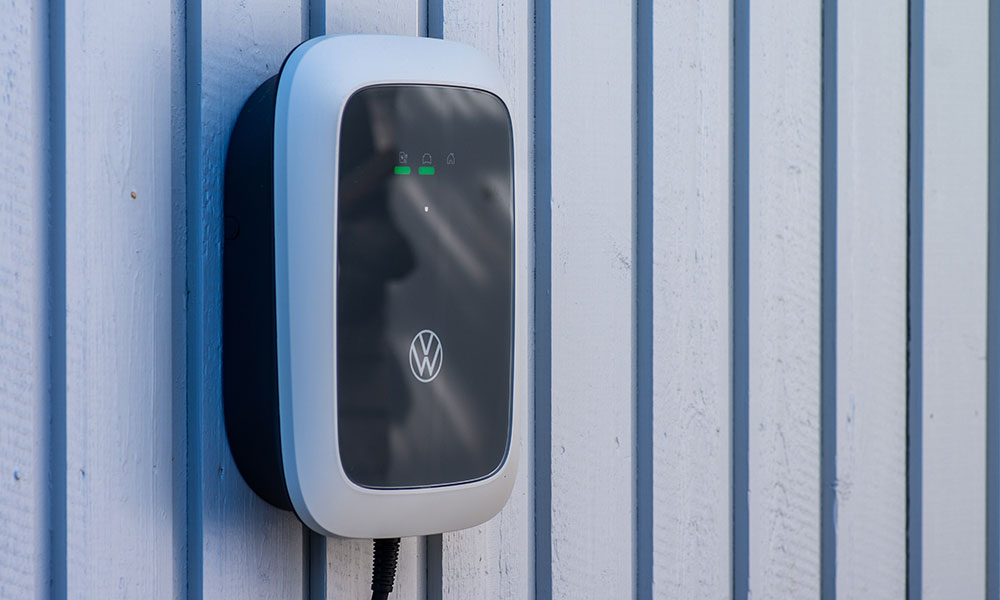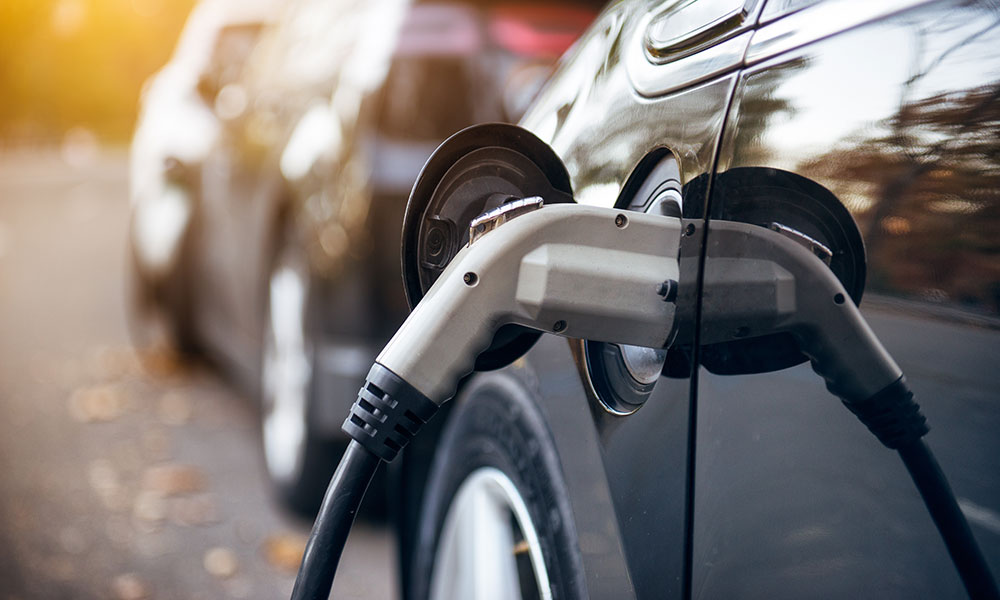Our guide to EV charging incentives, from Vasstech’s Garage in Teesside
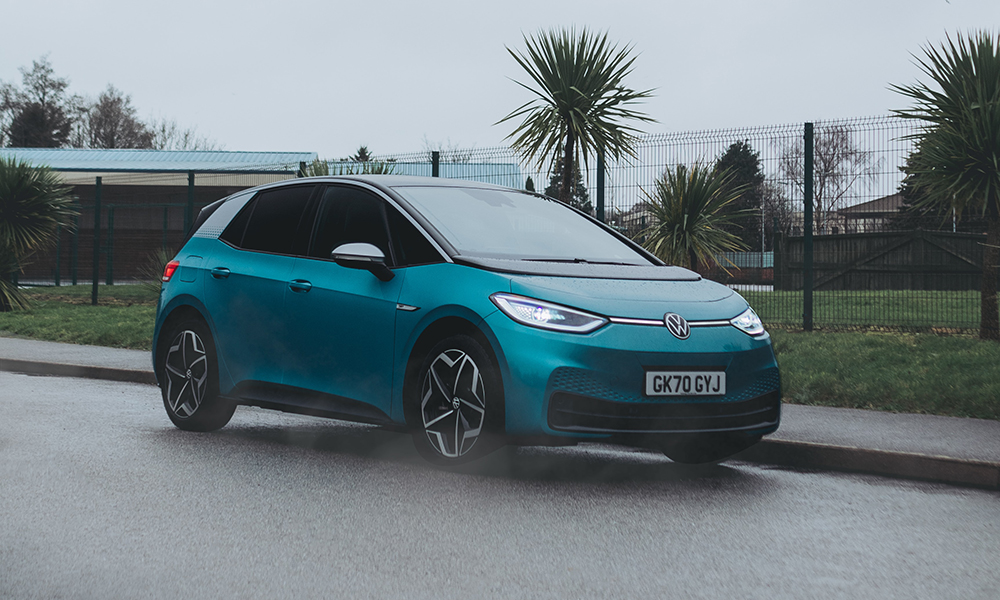
So far this year, sales of alternatively-fueled cars are up by over 145% (compared to June 2020).
Regardless of how you feel about electric vehicles, they aren’t going away. The Volkswagen Group brands are constantly working on expanding their electric arsenal. A time will come (pretty soon) when more EVs are on the road than traditional internal combustion engine (ICE) vehicles.
Here at Vasstech’s Teesside garage, we’re seeing more and more EVs coming (silently) through the doors of our workshop. With this in mind, we decided to round up some of the key facts about electric (and hybrid) vehicles, charging, and government incentives, to hopefully answer some of the questions we’re asked about EVs regularly.
The different types of electric vehicles
There are a lot of acronyms in the world of electric vehicles. They can be difficult to decipher if you’re not familiar with the market. Here are the most common types of EV that are currently available in the UK:
Hybrid Electric Vehicle (HEV)
Hybrid Electric Vehicles, or HEVs, were the first mainstream electric cars to arrive in showrooms worldwide. In HEVs, a small electric motor assists the internal combustion engine. The vehicle’s battery is replenished via energy generated by the ICE, as well as regenerative braking. Regenerative braking harnesses the wasted power from applying the brakes, and uses it to recharge the battery.
Plug-in Hybrid Vehicle (PHEV)
Plug-in Hybrid Vehicles (PHEVs) are powered by both fuel and electricity. PHEVs (as the name suggests) can be plugged into a charging station to recharge the battery, and can run either solely on battery power, just fuel, or a combination of both.
Battery Electric Vehicle (BEV)
Battery Electric Vehicles, or BEVs, typically don’t have an ICE, fuel tank, or exhaust pipe. They solely rely on electricity to move. While they are inherently better for the environment, BEVs have a limited range, and need to be recharged after travelling a certain number of miles.
Fuel Cell Electric Vehicle (FCEV)
Fuel Cell Electric Vehicles (FCEVs) are a relatively new player on the EV pitch, as they run on compressed liquid hydrogen. When the hydrogen mixes with air inside the fuel cell stack, the reactive energy powers an electric motor, which drives the wheels. Much like BEVs, FCEVs produce no emissions and recharging an FCEV only takes a few minutes – a far cry from the few hours it takes to recharge a BEV.
Unfortunately, there are only 11 hydrogen filling stations in the UK – five of which are located along the M25. Safe to say that FCEVs are a while away from becoming mainstream vehicles!
EV Incentives in the UK:
Even despite the pandemic, EV sales in the UK rose by over 130% last year. It’s estimated that one million electric vehicles will be on the nation’s roads by 2025. Here are some of the EV incentives available in the UK:
- Plug-in Car Grant: A purchase grant, where buyers can receive up to 35% of the cost of an electric car (up to a maximum of £3,000 – depending on the model). The grant is administered by the Office for Zero Emission Vehicles (OZEV). You don’t have to do anything to benefit from this scheme, as dealerships will incorporate the saving into the vehicle’s price.
- Ownership tax: If you own an electric vehicle that cost less than £40,000, you’re exempt from paying Vehicle Excise Duty (annual road tax).
- Company car tax: If your business purchases an EV, you can write down 100% of the purchase price against your corporation tax liability, providing the vehicle emits no more than 50g/KM CO2 (which is equivalent to just 1% CCT in 2021, and 2% in 2022). PHEVs that emit less than 50h/KM of CO2 can take advantage of 16% CCT – which is up to 8% lower than the tax on diesel company vehicles.
Plus, the Government now provides EV owners with special green number plates. These number plates allow EV owners to take advantage of local incentives, such as using bus lanes and free parking.
Electric vehicle charging subsidies in the UK
Growing demand for electric vehicles requires a similar need for EV charging points. Last year, the number of charging points in the UK almost doubled, to around 30,000.
Currently, there are over 43,000 electric vehicle charging points in the UK, with the following subsidies available for electric vehicle owners:
- The Electric Vehicle Homecharge Scheme (EVHS): A scheme for individual buyers of eligible electric vehicles. You can apply for a grant worth up to 75% (capped at £350, including VAT) of the total purchase and installation costs of one EV charging point at home. Through the scheme, you can charge company cars, and leased vehicles, too.
- The Workplace Chargepoint Grant: A voucher-based scheme that provides support to cover the upfront costs for purchasing and installing EV charging points at workplaces.
Businesses that install EV charging infrastructure can also access tax benefits through a 100% first-year allowance for electric vehicle charging equipment expenses.
Key takeaways:
The UK has a comprehensive electrification strategy: the Road to Zero strategy. It’s overseen by the official Office for Low Emission Vehicles (OLEV). Over the past few years, the public attitude towards climate-friendly policies has increased, and more people are looking to switch to electric vehicles.
Here at Vasstech’s garage in Teesside, we’re no strangers to dealing with electric vehicles. Even though many don’t have the traditional components of an ICE vehicle, the regular parts can still wear out and be subject to safety and roadside checks. We can complete a full diagnostic review on all components of your electric vehicle, to ensure it’s working efficiently.
Find out more about the electric vehicle services available at your local Vasstech branch today.





